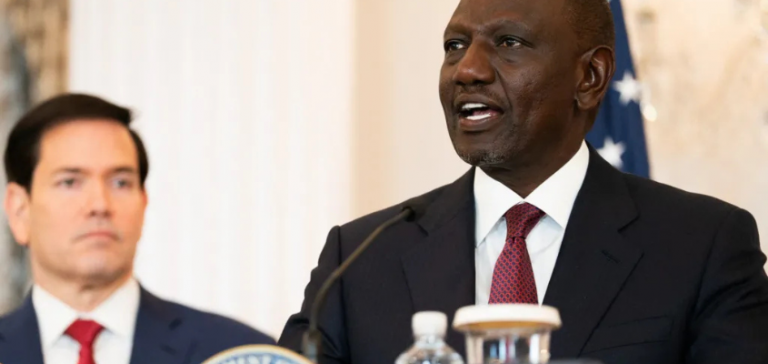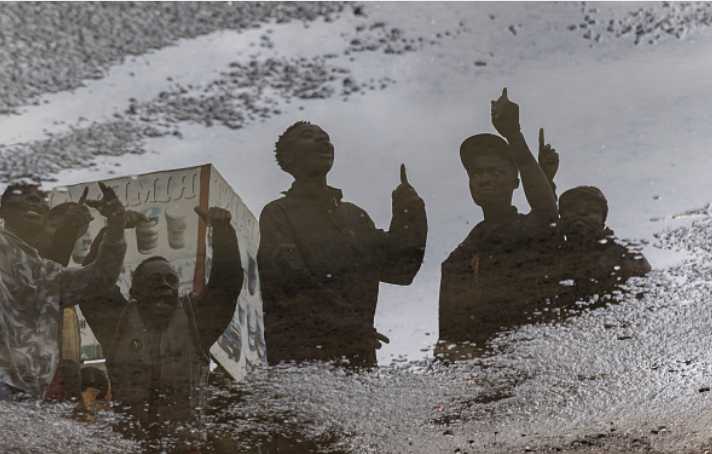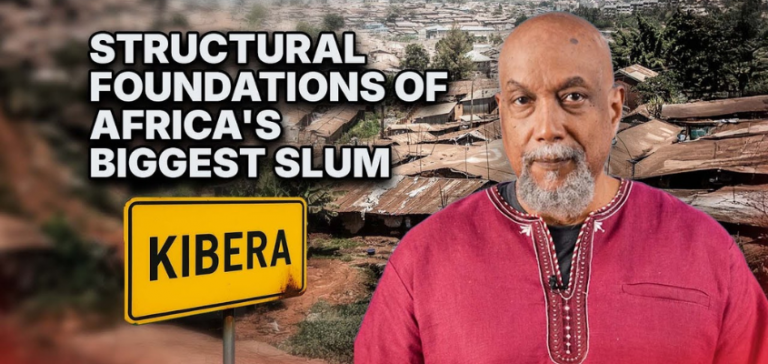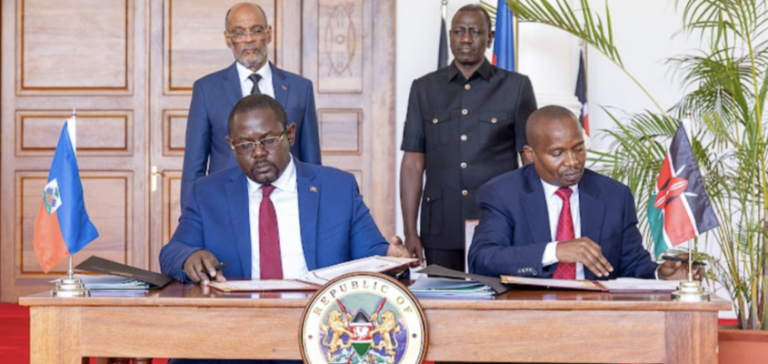Kenya’s President Attempts To Close Budget Gap By Selling Health Data
Nairobi — It is hardly uncommon to hear Kenyans complain that their President, William Ruto, is not a head of state so much as a comprador auctioneer of the state’s assets to foreign capitalists. But if one transaction represents Kenyans’ tipping point it is the government’s agreement to effectively sell their private medical records—including biological samples and genetic data—to the Trump administration in exchange for $1.6 billion in healthcare funding over a seven-year-period.















